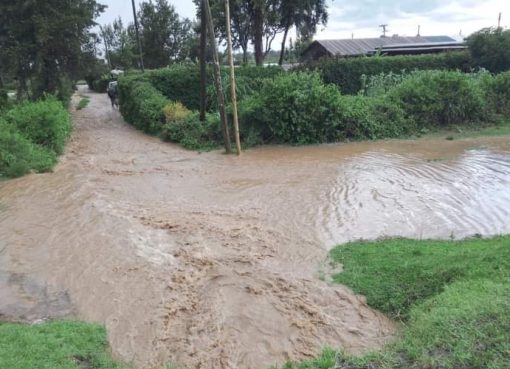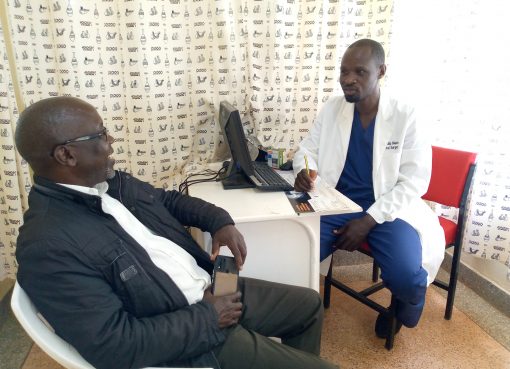The East African Community (EAC) bloc has endorsed the operationalization of the shared utilization of defense industrial facilities by the partner states.
The move received a major boost on Wednesday after the EAC Defense Industries Chief Executive Officers (CEOs) pledged to support its adoption to enhance peace, security and stability within the region.
The Sectorial Council on Cooperation on Defense Affairs has urged the countries in the bloc to source military products from each other and limit reliance on external suppliers to foster the regions’ self-reliance.
The Director General of Defense National Security Industries (DNSI) Major General Bernard Waliaula stressed that the mutual collaboration would be instrumental in building close ties among the partner states.
He made the remarks during a meeting attended by the region’s CEOs of the Military Industrial Institutions held at the Kenya Shipyard Limited in Kisumu County.
By sharing resources and equipment, Waliaula noted, partner states would prioritize production in areas they are good at for the regional market and at the same time obtain other products and services from the bloc.
“Through such engagements, we can understand the potential of each country. For instance, if Uganda is perfect in a certain area, Kenya does not need to duplicate the same,” stated the Director General.
Further, he underscored the importance of the shared utilization of defense resources as an opportunity to explore and expand cooperation in industrial development and defense relations matters.
The Kenya Defense Force (KDF), added Waliaula, in its bid to foster regional peace, is also committed to enhancing self-reliance as it contributes to national and regional economic growth.
On his part, the head of the defense forces delegation Brig. General Sibomana Ignace hailed the KDF’s industrial facilities for pioneering the production of various defense products that will be tapped by the EAC market.
“The delegation is pleased with the products produced by the KDF industries, and with the ratification of the shared utilization of Defense Industrial Facilities policy, we will be coming to Kenya to purchase what we need instead of importing military products from overseas,” stated Brig. General Sibomana of Burundi’s National Defense Forces.
In addition, he urged the member states to prioritize investing in the military-industrial sector which plays a critical pillar in the region’s integration through interdependence.
“We are here to review where we are and re-strategize how to meet our objectives, in order to move together for the benefit of the region,” he noted.
Major General Steven Muzeyi from Uganda called on all partner states to cooperate to attain sustainable development, peace and security within the bloc.
“The many resources that are available in the region put EAC at a better trajectory for growth. However, we share potential threats and dangers hence, cooperation in the defense sector is extremely essential,” stated Major General Muzeyi.
Also speaking during the event, the Kenya Shipyards Limited Managing Director Brig. Paul Otieno concurred that the collaborative approach in exploiting the opportunities in the blue economy would bring about mutual benefits.
He pointed out that the shipbuilding firm in its endeavour to enhance lake transportation has partnered with relevant authorities in the region to promote a safe and secure environment in Lake Victoria.
Delegates from Kenya, Uganda, Rwanda, Burundi, South Sudan, the Democratic Republic of Congo and Tanzania attended the meeting held on April 4-6.
The meeting was also marked with the first-ever military industrial facilities exhibition by KDF geared towards showcasing defense-related products, goods and services produced by the DNSI in Kenya.
The military expo featured the Sh2.4 billion MV Uhuru II ship set to be commissioned in May 2023 at the Kisumu Port. The 100-meter vessel with a capacity of over 2 million litres of crude oil per trip is the first ship to be built locally.
Other military sections that sampled their products included food processing by the Defense Food Production and Processing Factory, meat processing by the Kenya Meat Commission (KMC) and production of small arms ammunition and related auxiliary products by Kenya Ordinance Factories Corporation (KOFC).
KOFC is based in Eldoret and also produces office and domestic furniture, farm products as well as engineering equipment.
In addition, they have the capacity of bottling drinking water, maize milling, bakery products and production of fuel-efficient and eco-friendly cooking equipment that potentially suits the regional market.
By Robert Ojwang and Milton Onyango





